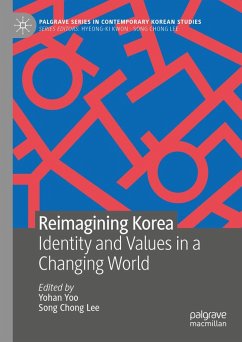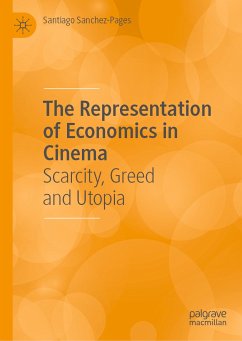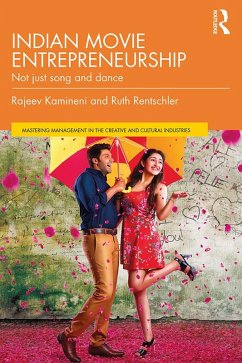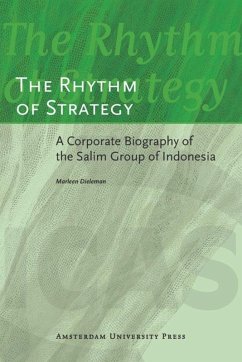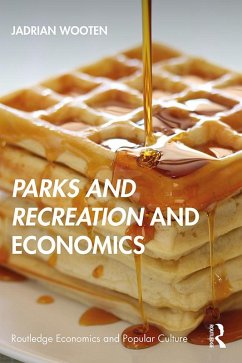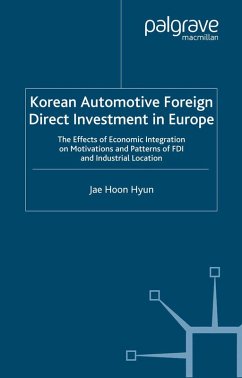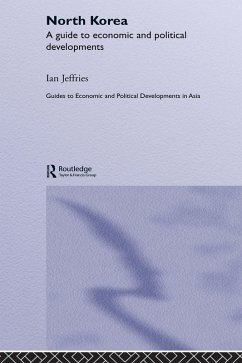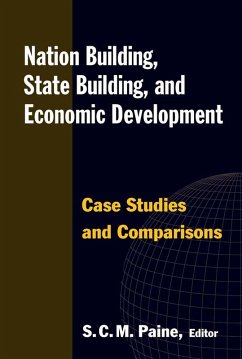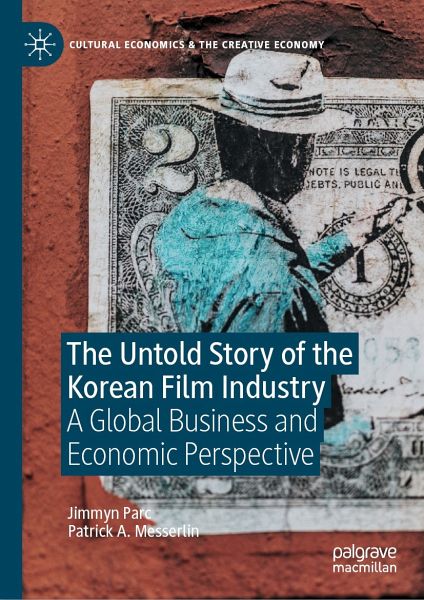
The Untold Story of the Korean Film Industry (eBook, PDF)
A Global Business and Economic Perspective
Versandkostenfrei!
Sofort per Download lieferbar
88,95 €
inkl. MwSt.
Weitere Ausgaben:

PAYBACK Punkte
44 °P sammeln!
This book analyses the Korean film industry emergence and development in a global business and economic perspective. This is one of the first books to compare the film policies and industries of the world's six largest film industries - featuring Korea as the central character - with the aim of defining the contours of what constitutes an effective film policy. It presents many cases showing that, contrary to what is often believed, an economically sound policy is a good instrument for achieving desired cultural goals. It uses a set of analytical tools - borrowed from the economic analysis of ...
This book analyses the Korean film industry emergence and development in a global business and economic perspective. This is one of the first books to compare the film policies and industries of the world's six largest film industries - featuring Korea as the central character - with the aim of defining the contours of what constitutes an effective film policy. It presents many cases showing that, contrary to what is often believed, an economically sound policy is a good instrument for achieving desired cultural goals. It uses a set of analytical tools - borrowed from the economic analysis of international trade policies - to provide a rich harvest of new, rigorous, and often unexpected results on the effectiveness of the existing film policies. The implications found in this book are relevant not only for Korea, but for all other countries that wish to foster or enhance the competitiveness of their film industries.
This book will be of interest to a wide spectrum of scholars interested in cultural studies - media and cultural specialists, political scientists, sociologists, historians - in addition to business analysts and economists specialized in cultural economics. As this book focuses on film policies and how to improve them, it will also appeal to policymakers, business figures, public relations officials, and staff from international organizations working on the film industry.
This book will be of interest to a wide spectrum of scholars interested in cultural studies - media and cultural specialists, political scientists, sociologists, historians - in addition to business analysts and economists specialized in cultural economics. As this book focuses on film policies and how to improve them, it will also appeal to policymakers, business figures, public relations officials, and staff from international organizations working on the film industry.
Dieser Download kann aus rechtlichen Gründen nur mit Rechnungsadresse in A, B, BG, CY, CZ, D, DK, EW, E, FIN, F, GR, HR, H, IRL, I, LT, L, LR, M, NL, PL, P, R, S, SLO, SK ausgeliefert werden.



